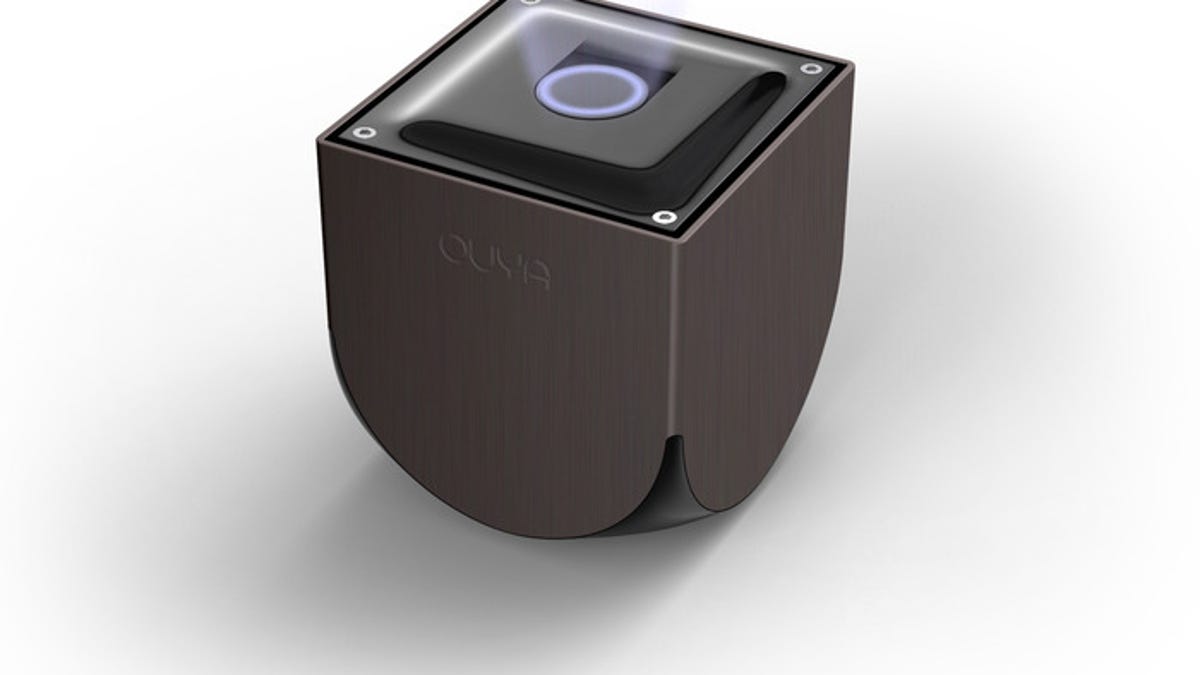Xbox co-creator says game consoles won't die anytime soon
Seamus Blackley says that he's tired of "histrionic" predictions suggesting the death of game consoles is upon us.

Game consoles aren't dying anytime soon, the original Xbox's co-creator claims.
Speaking to GamesIndustry.biz in an interview published yesterday, former Microsoft employee and current head of mobile startup Innovative Leisure, Seamus Blackley, says he's had enough of the "histrionic articles" suggesting the death of game consoles. Today's consumers, he says, still want the high-end experiences made available in console titles.
"You have to remember that people want to play console games because they want to have a super premium high-end experience -- it doesn't really have to do with anything else," Blackley told GameIndustry.biz in the interview. "When you say, 'Do you still want console games?' - people aren't saying that they want a dedicated device hooked up to a television. What they're thinking is that they need to have a super premium entertainment experience in the living room. They still want that really badly."
Consoles have come under fire a bit as mobile devices, such as iOS-based products and Android-based devices, become go-to gaming platforms for players. In addition, cloud-based services are starting to make some inroads into the space. However, for now, the only surefire way to get that "super premium entertainment experience in the living room" is to opt for a console.
To Blackley, one of the folks at Microsoft who wrote the original Xbox proposal, hardware, at least for now, is necessary. And to prove it, he pointed to recent Kickstarter hit, Ouya.
"I think if we look at the Ouya as an example, aside from being an awesome, ballsy project, it's a great litmus test for the enthusiasm of the audience for console content," Blackley said.
Ouya made gamers' hearts flutter last month when the Android-powered game console made waves on Kickstarter. The console costs $99 and offers titles that are all free to play. To get off the ground, Ouya's creator Boxer8 needed some help from the Kickstarter community. In just 30 days, it raised nearly $8.6 million from over 63,000 backers.
If Blackley is right that consoles are here to stay, that's good news for the three companies offering them. Nintendo is expected to launch its Wii U later this year. Microsoft and Sony will follow that up with new console launches in 2013 or 2014, according to rumors.

